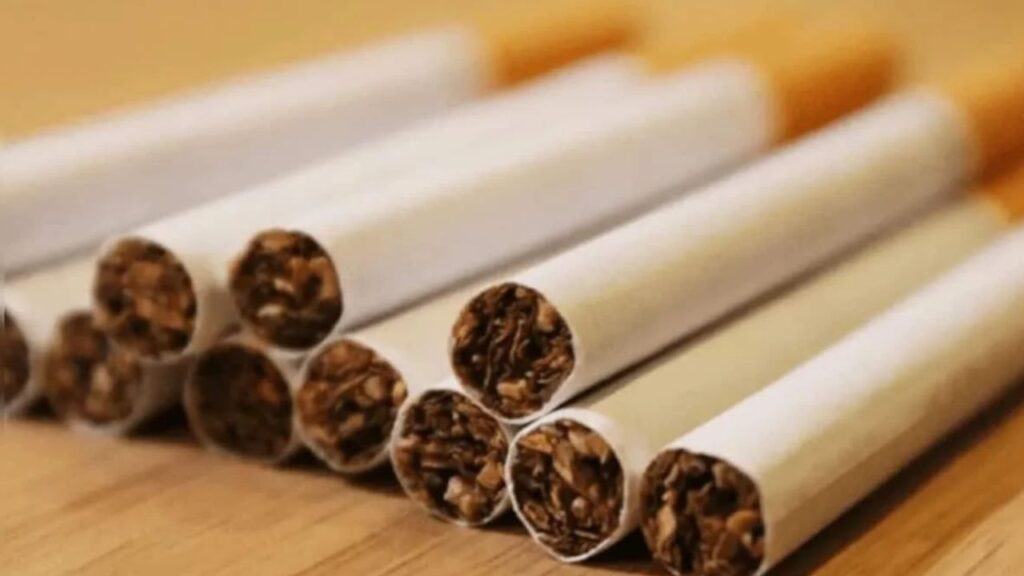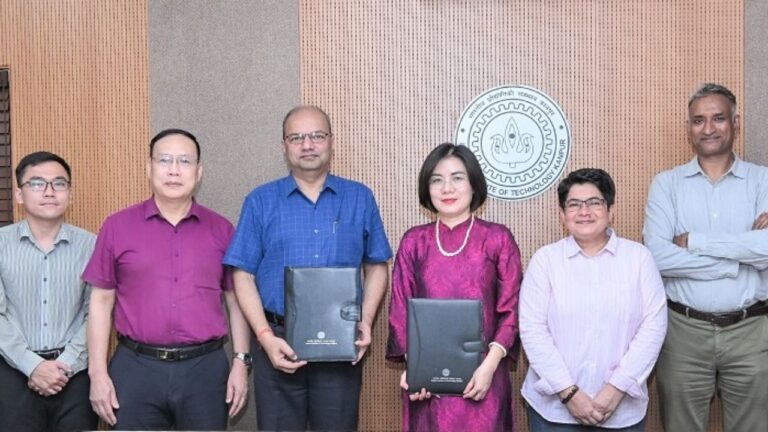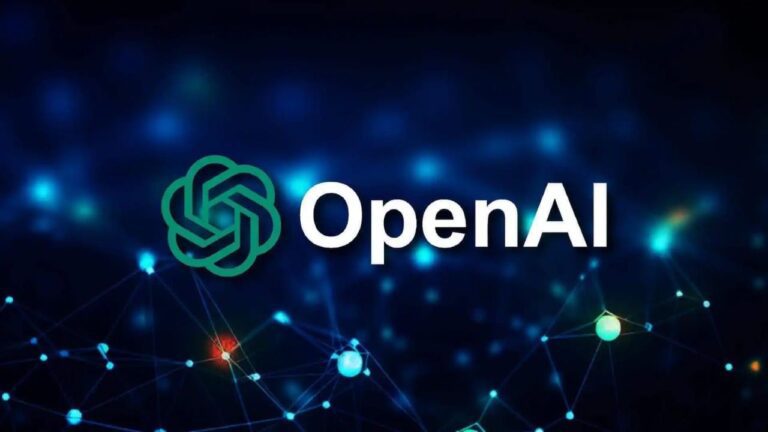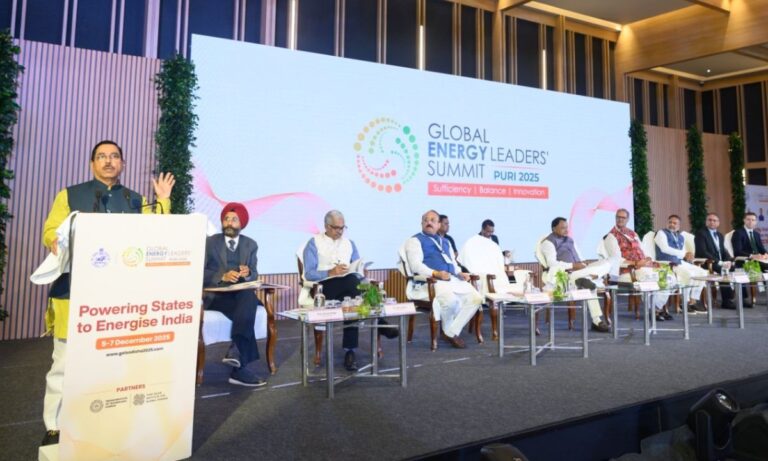
The Union government has decided to maintain the existing Goods and Services Tax (GST) structure and compensation cess on tobacco and related products until outstanding loans taken during the pandemic are fully repaid. Finance Minister Nirmala Sitharaman made the announcement after the 56th meeting of the GST Council on Wednesday.
Products such as pan masala, cigarettes, gutkha, chewing tobacco, zarda, unmanufactured tobacco and beedis will continue to attract the present GST rate along with the cess. “These will remain in force until the government clears the principal and interest of the loans raised under the compensation cess account. Once that obligation is met, the cess will be withdrawn, and such products will be levied at a special rate of 40%,” Sitharaman told reporters.
During the pandemic years, the Centre borrowed ₹1.1 lakh crore in 2020-21 and another ₹1.59 lakh crore in 2021-22 to compensate states for GST revenue shortfall. According to the Union Budget 2025-26, cess collections of about ₹1.67 lakh crore are targeted this year, of which ₹67,500 crore is earmarked for repayment. Earlier, repayments of ₹78,104 crore in 2023-24 and ₹1.24 lakh crore in 2024-25 had been made. Sitharaman expressed confidence that the remaining dues would be cleared within the current calendar year.
The GST Council also approved a significant rate rationalisation by moving to a two-slab system of 5% and 18%, aimed at reducing the burden on everyday consumption items. “Everyday essentials have been carefully reviewed, and in most cases, rates have been lowered,” the finance minister said.
Revenue Secretary Arvind Shrivastava noted that the restructuring’s “net fiscal implication” is estimated at around ₹48,000 crore based on 2023-24 consumption data, but stressed it should not be seen as a “loss” in revenue. He pointed to likely gains from improved compliance, behavioural changes in consumption, and higher tax buoyancy.
Economists, however, have flagged concerns. HSBC, in a note released last month, projected the rationalisation could cost the exchequer about ₹1.43 lakh crore, or 0.4% of GDP, to be shared between the Centre and states. At the same time, the bank highlighted potential benefits in the form of stronger demand, simpler taxation, and efficiency gains.
When asked about the broader impact on economic growth, Sitharaman refrained from immediate estimates. “It is too early to make a calculation. We need a few months of data on consumer behaviour, but I expect the changes will have a positive impact on GDP,” she said.






